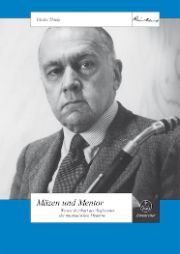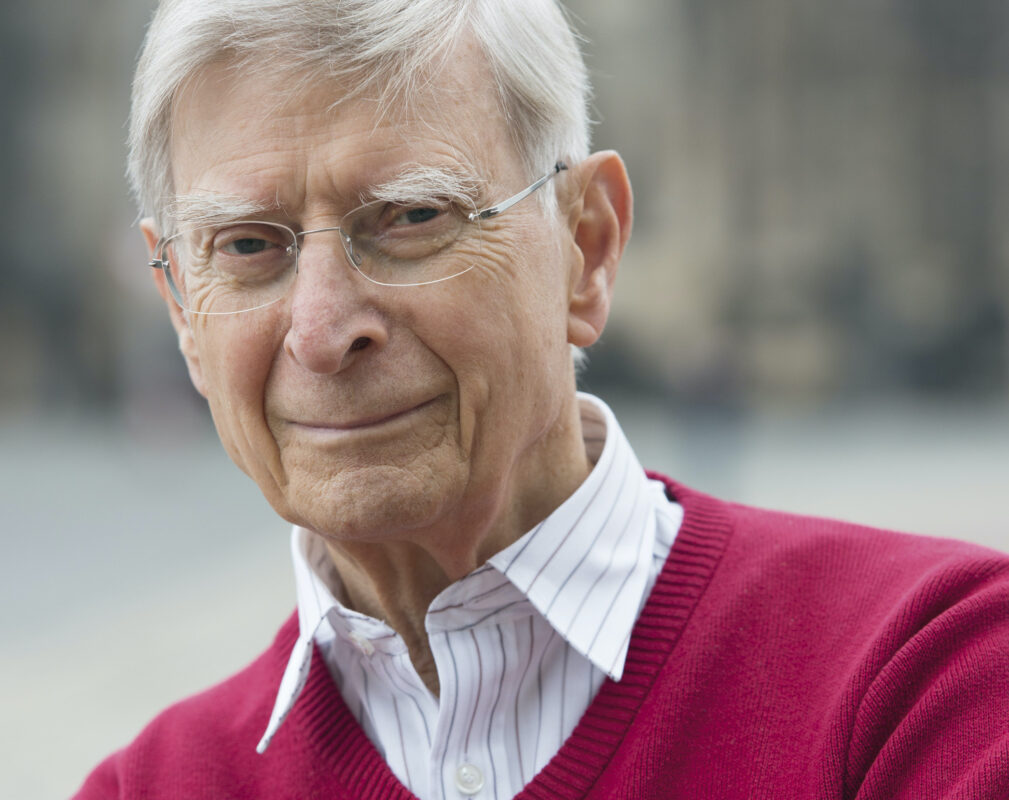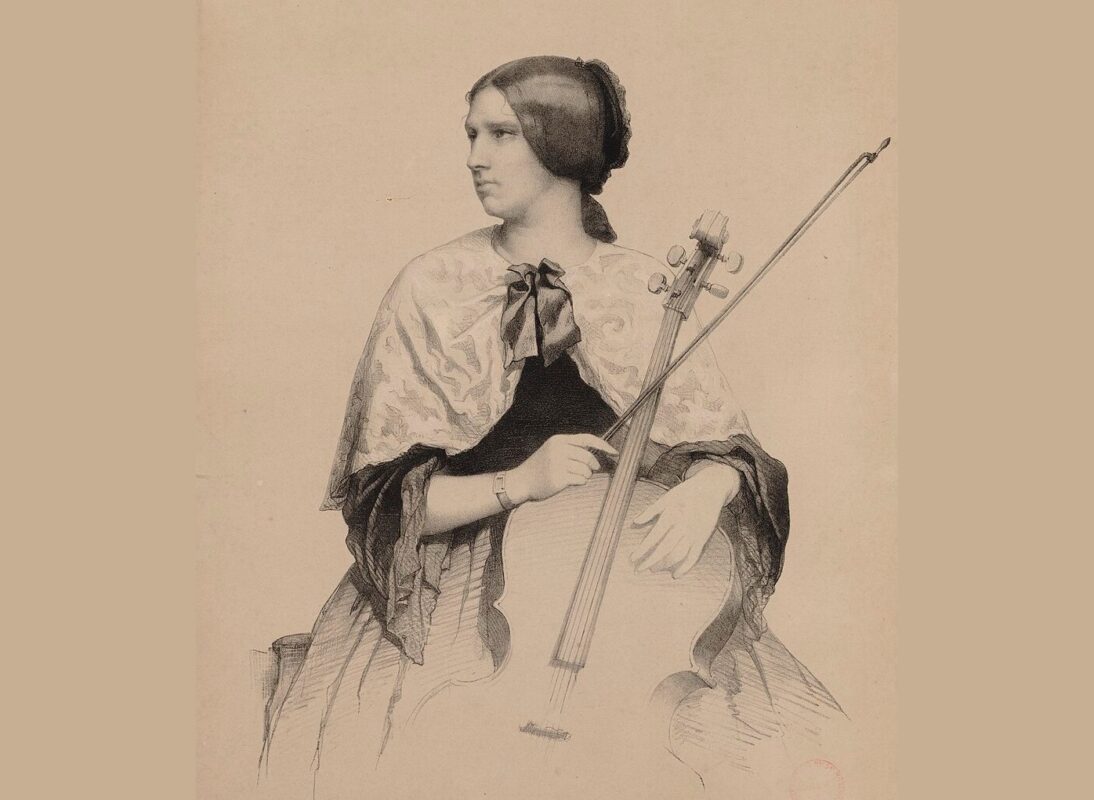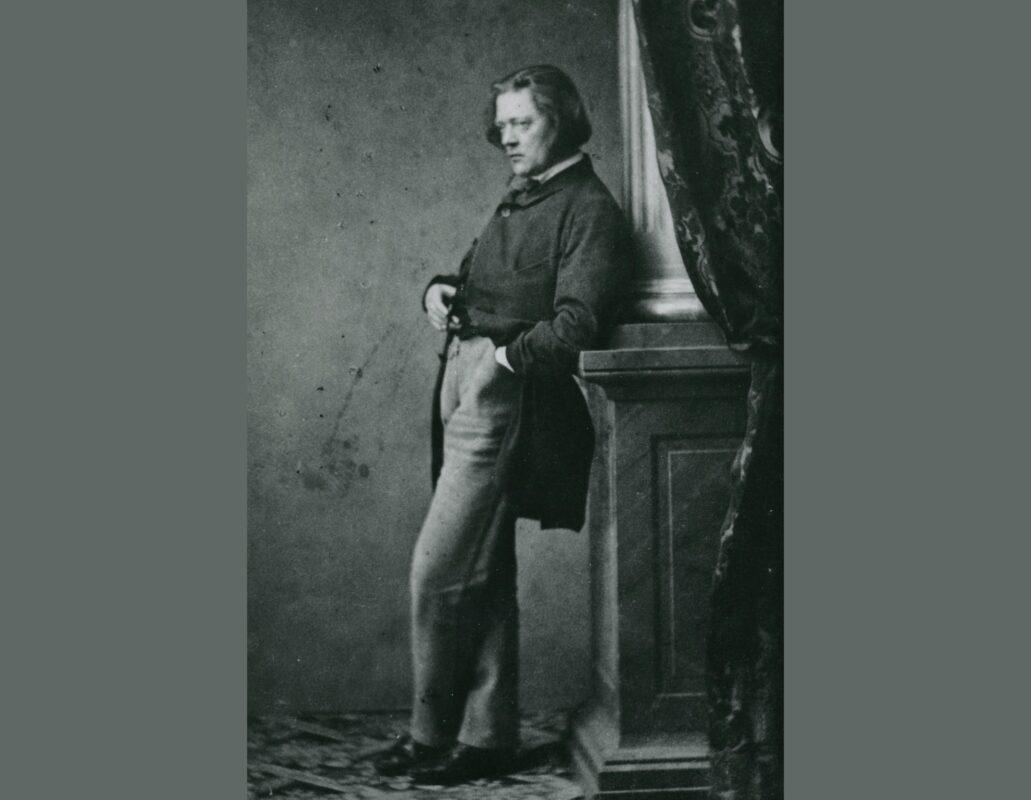A discreet patron
Ulrike Thiele has compiled her research in the now open archives of the Musikkollegium and Werner Reinhart's private archive in her dissertation.
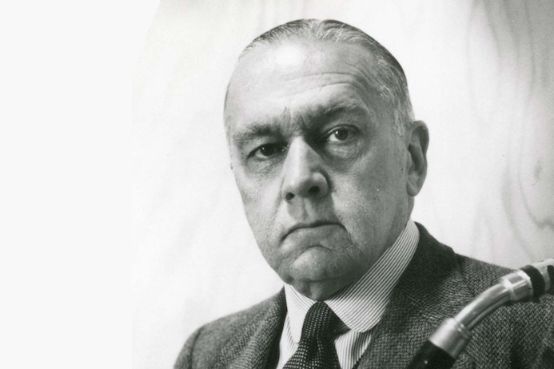
"Reinhart" is still a name that resonates throughout Switzerland thanks to the top-class art collection at Römerholz of Winterthur's Oskar Reinhart (1885-1965). The fact that his brother Werner (1884-1951) achieved equally important things in the field of music is now mainly known to insiders. Werner Reinhart was more active in the background, supporting the Musikkollegium Winterthur and bringing the important conductor Hermann Scherchen to the Eulachstadt. Thanks to them, the orchestra became a European center of contemporary music between 1923 and 1951.
Reinhart was an excellent amateur clarinettist who had a flair for new music and made it the focus of his work. This was discreet, however, and his financial involvement in performances was often not even mentioned. Thanks to Peter Sulzer's standard work 10 composers around Werner Reinhart (Volume I, 1979; Volume II, 1980), it has long been known that he, like Paul Sacher in Basel, supported and strengthened selected composers in Winterthur in the long term. These included Stravinsky, Krenek and Honegger, but also Hindemith and Richard Strauss. Strauss in particular, who was "associated" with the Hitler regime, repeatedly gave rise to conjecture in connection with Reinhart. Much was rumored, but nothing more was known.
Now the archives of the Musikkollegium and thus also Reinhart's private archives have been opened; the musicologist Ulrike Thiele was able to go through them and write her dissertation. The result has been published by Bärenreiter. The excitement was great, but certain expectations were not fulfilled. Thiele reports in a differentiated and always balanced manner. This applies, for example, to Reinhart's dealings with the Donaueschingen chamber music performances, which were brought into line after 1933 and which he still attended and supported in 1938.
Thiele's assessment of the famous case of the opportunistic Wilhelm Furtwängler, who conducted in Winterthur in February 1945 despite fierce protests, as a "demonstration of a music-political position" that "is based on the idea of a strict separability of art and politics" is somewhat clattering. The same applies to the assessment of Reinhart's handling of Richard Strauss.
On the other hand, we are delighted by previously unknown patronage, such as the fact that De Falla's performance of Master Pedro's puppet show at the Marionette Theater Zurich in 1926 was made possible by Reinhart. Or how extensively he supported Clara Haskil over many years, both ideally and materially, thus ensuring her survival. Overall, Thiele's dissertation contains a wealth of information and sources on the history of music in Switzerland in the 20th century.
Ulrike Thiele: Patron and mentor. Werner Reinhart as a pioneer of musical modernism, Schweizer Beiträge zur Musikforschung, vol. 27, 332 p., € 39.95, Bärenreiter, Kassel 2019, ISBN 978-3-7618-7201-7






